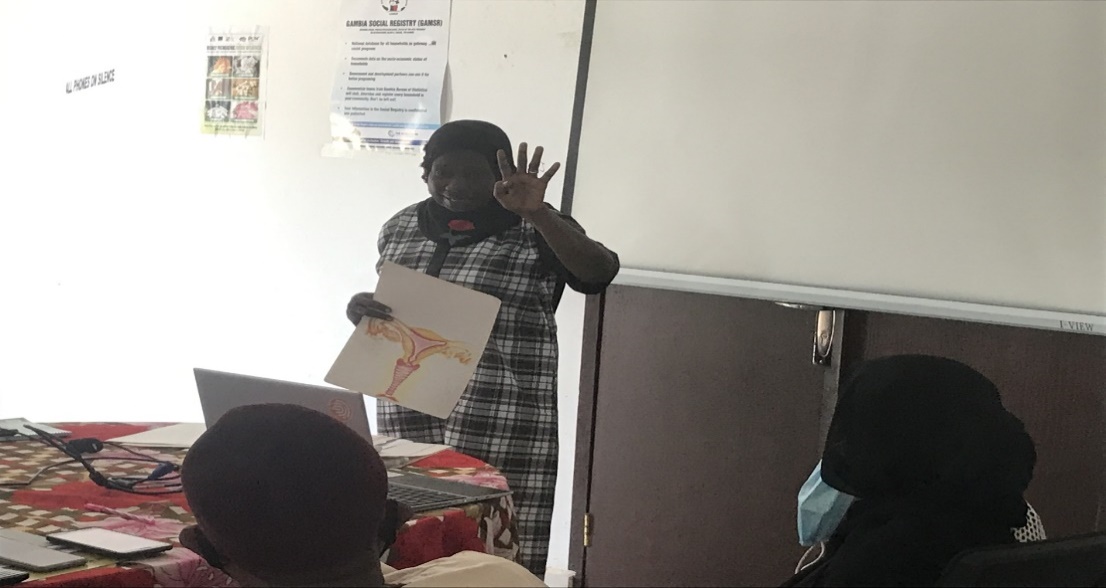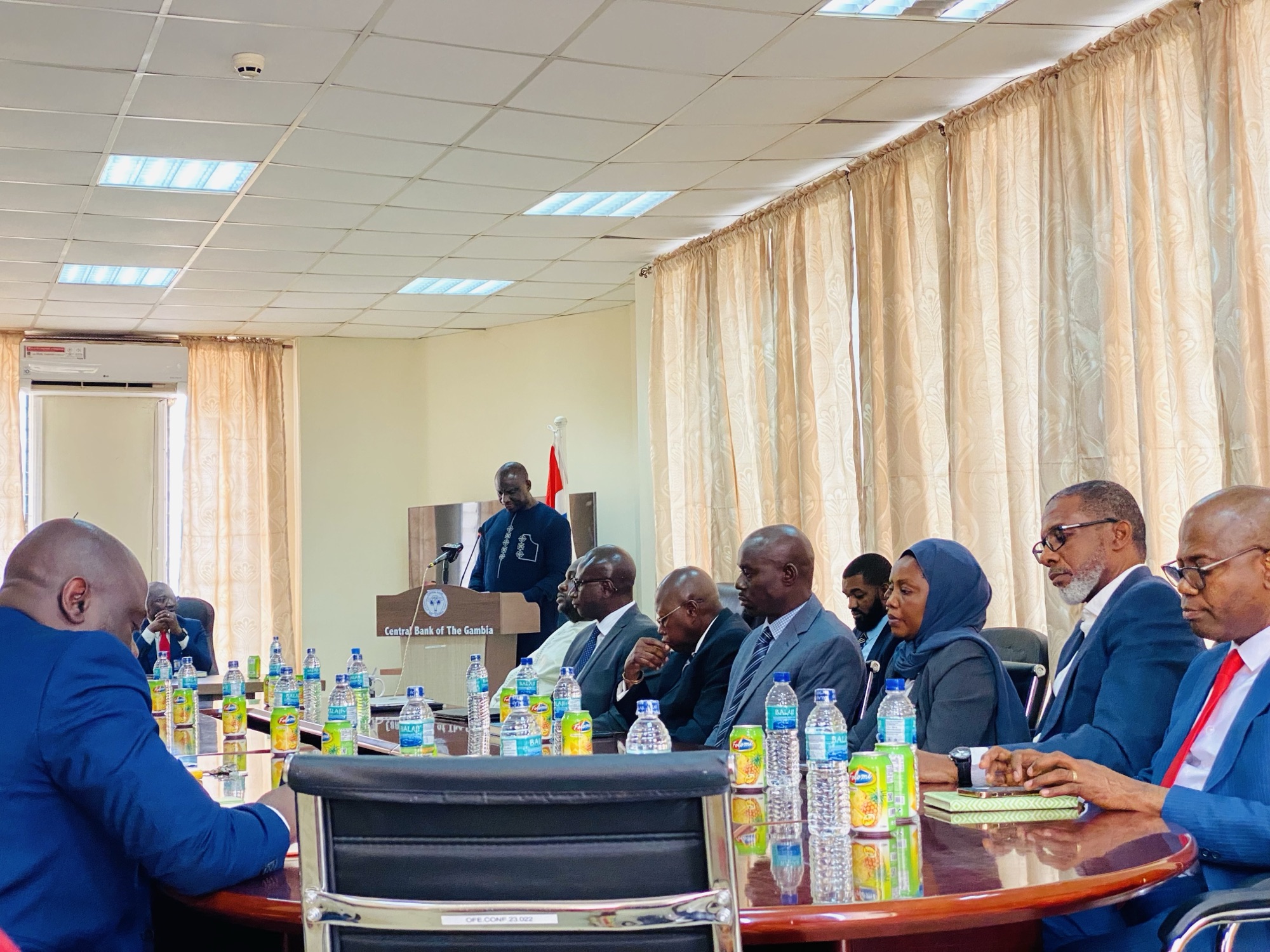By Binta Jaiteh &
Marlen Ndow
Honourable Alagie Mbowe, National Assembly member for Upper Saloum who doubles as the house vice chairman of the Public Accounts Committee (FPAC) has urged public institutions to be law compliance.
Mr Mbowe was speaking during a briefing of agencies and head of institutions held at the National Assembly complex in Banjul.
“We should all know that the law is always a law and it was not made by accident. We have institutions that are very close being compliant with the law that is the constitution and the public finance act. But other institutions for some no reason are behind for more than five years and we cannot accept that anymore,” he said.
According to him, the Public Accounts Committee was notified that there are institutions that have problem with auditors “but that is the responsibility of the Auditor General. But during the period of five years, we have seen institutions not cooperating with the auditors, quarries are being made and they take up to seven months or a year before they respond. Institutions like Central Bank, Gambia Revenue Authority and University of The Gambia are very close in compliant with the law.
“But also, there are institutions that are behind five years or more and they need to adjust in making sure that before the end of this year they are compliant with law, because five years is too long, we want to deal with current matters. I am urging all institutions that have not submit 2016 to 2020 to submit,” he added.
Meanwhile, Alagie S Darboe chairperson of the FPAC said the Finance and Public Accounts Standing Committee (FPAC) was established by Section 109 (1) (b) of the 1997 Constitution of the Republic of The Gambia and draws its mandate from Orders 81, 97 and 112 of the Revised Standing Orders of the National Assembly.
“It is entrusted with the responsibility of exercising the functions of the National Assembly in considering and advising upon all matters connected with Public Finance and Public Accounts,” he said.
During the course of the Fifth Legislature, Public institutions were submitting their activity reports and audited financial statements to their portfolio Select or Standing Committees for scrutiny. However, this was not yielding the desired results. There was no proper coordination on the reporting and in some instances, non-compliance with the law.
“Accordingly, the Bureau of Committees which is tasked by the Assembly to set the policy direction of Committee operations, met and resolved that moving forward, the scrutiny of all Public Accounts shall be the sole responsibility of the Finance and Public Accounts Committee (FPAC) except thirteen (13) Commercial State-Owned Public Enterprises whose accounts shall be submitted to and scrutinized by the Public Enterprises Committee (PEC),” he added.





